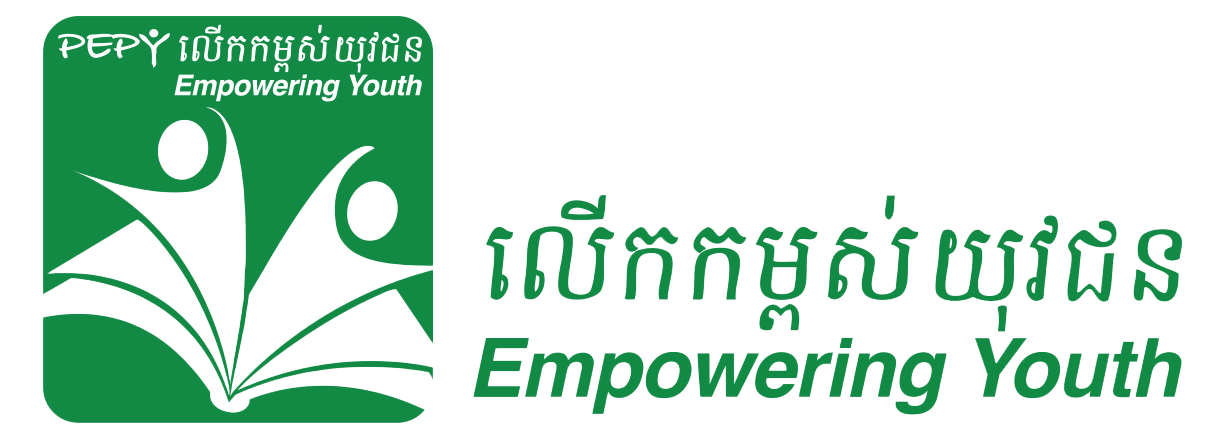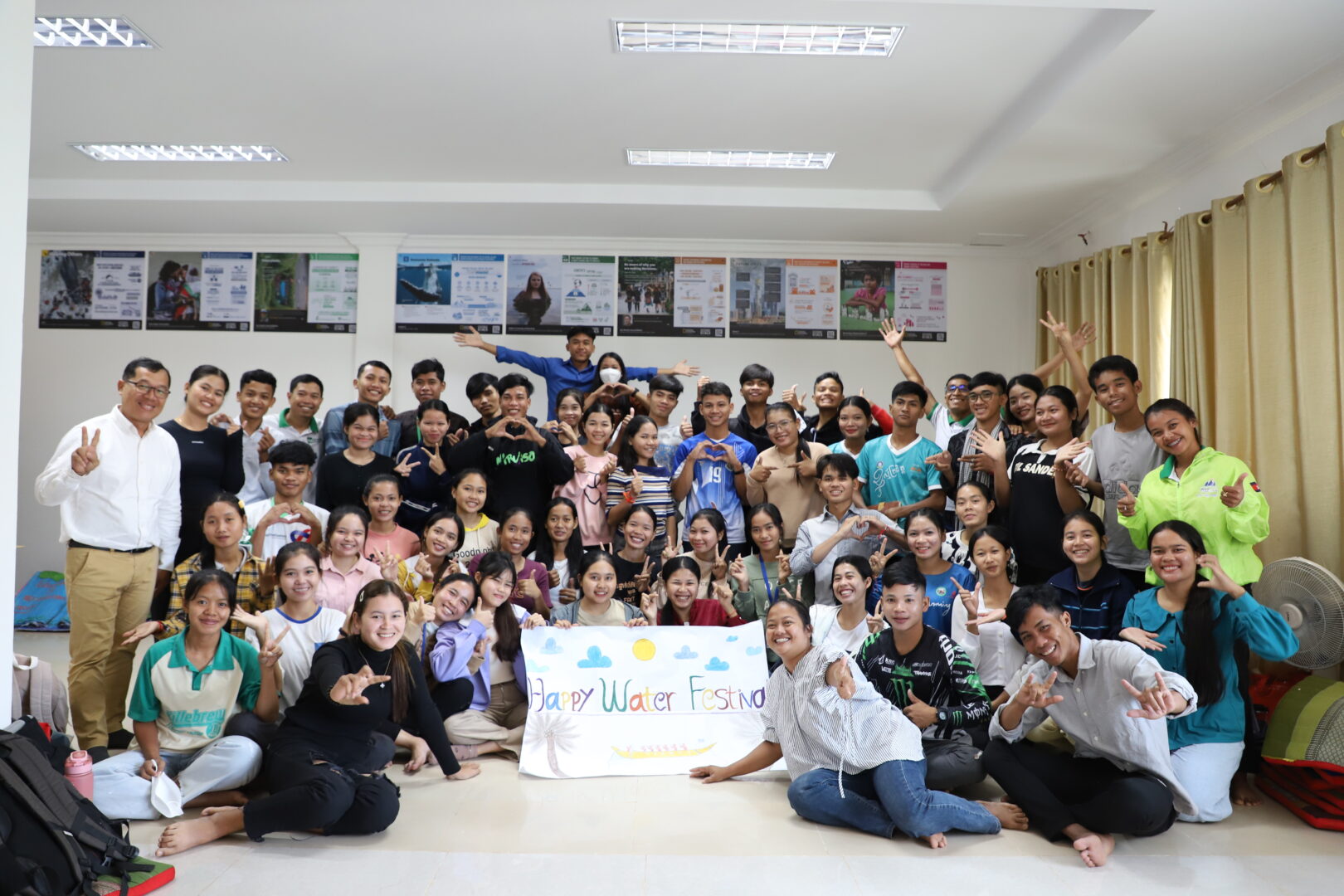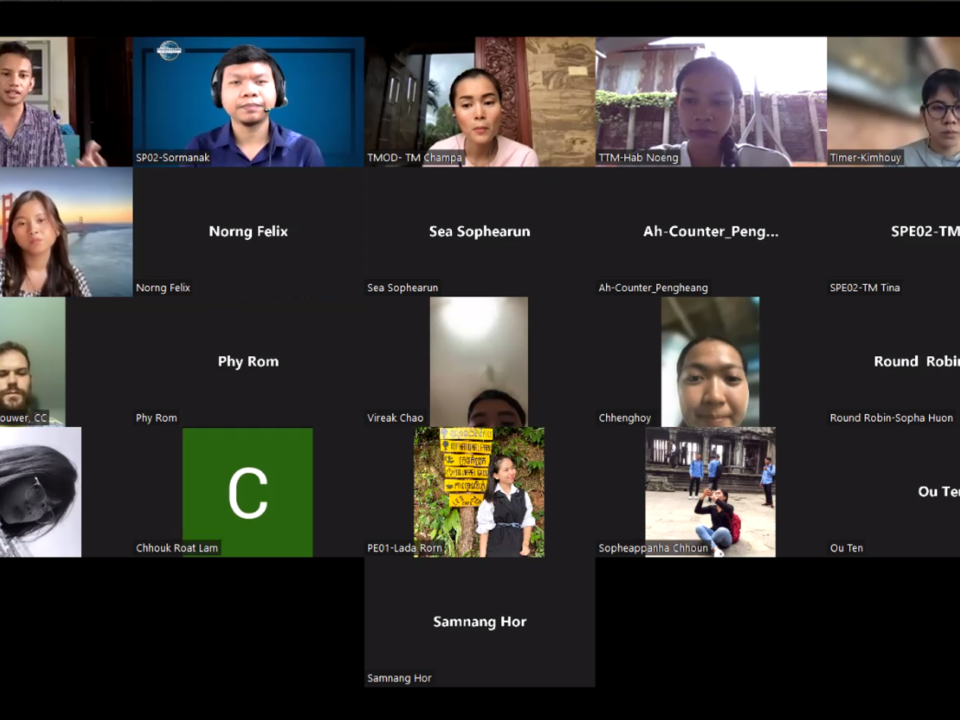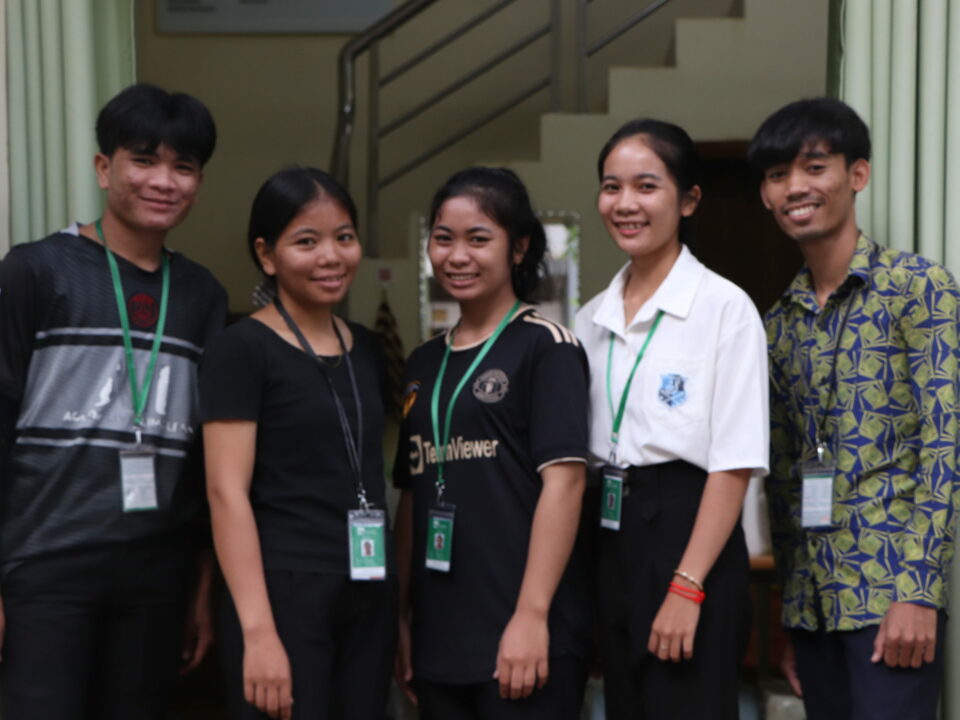Redesigning Pedagogy through Creative Learning Class
June 15, 2011When the Going Gets Tough – A Tale From PEPY Tours
June 22, 2011Redesigning Pedagogy through Creative Learning Class
In the first week of June, I had the remarkable opportunity of representing PEPY at Redesigning Pedagogy, a bi-annual conference held by Singapore’s National Institute of Education. I presented to a group of education professionals from Singapore, Hong Kong, Belgium, and Cambodia on the curriculum PEPY has developed for their Creative Learning Class. You can view the presentation on designing low-cost lesson plans on slideshare.

In addition to presenting, I was able to observe nearly a dozen presentations and keynote speakers from all over the world talk about the latest methodologies and research in education. A recurring theme seemed to be the role research plays in education and the necessity of researchers and practitioners to work in tandem. The general consensus of this year’s keynote was that although research will inform the best practices of the 21st century, it’s not likely to create them independently from practitioners.
I think this new way of looking at educational development is particularly exciting for our work at PEPY. By making sure we are connected to the research, but also actually doing the work on the ground, it gives us tremendous potential to change the way education is done not only in Cambodia, but in the world at large. I’ve always believed that excellent education doesn’t have to be expensive. If we can show the world that the latest developments in education can be applied in rural Cambodia for less than five cents per student, we could change education as we know it.



